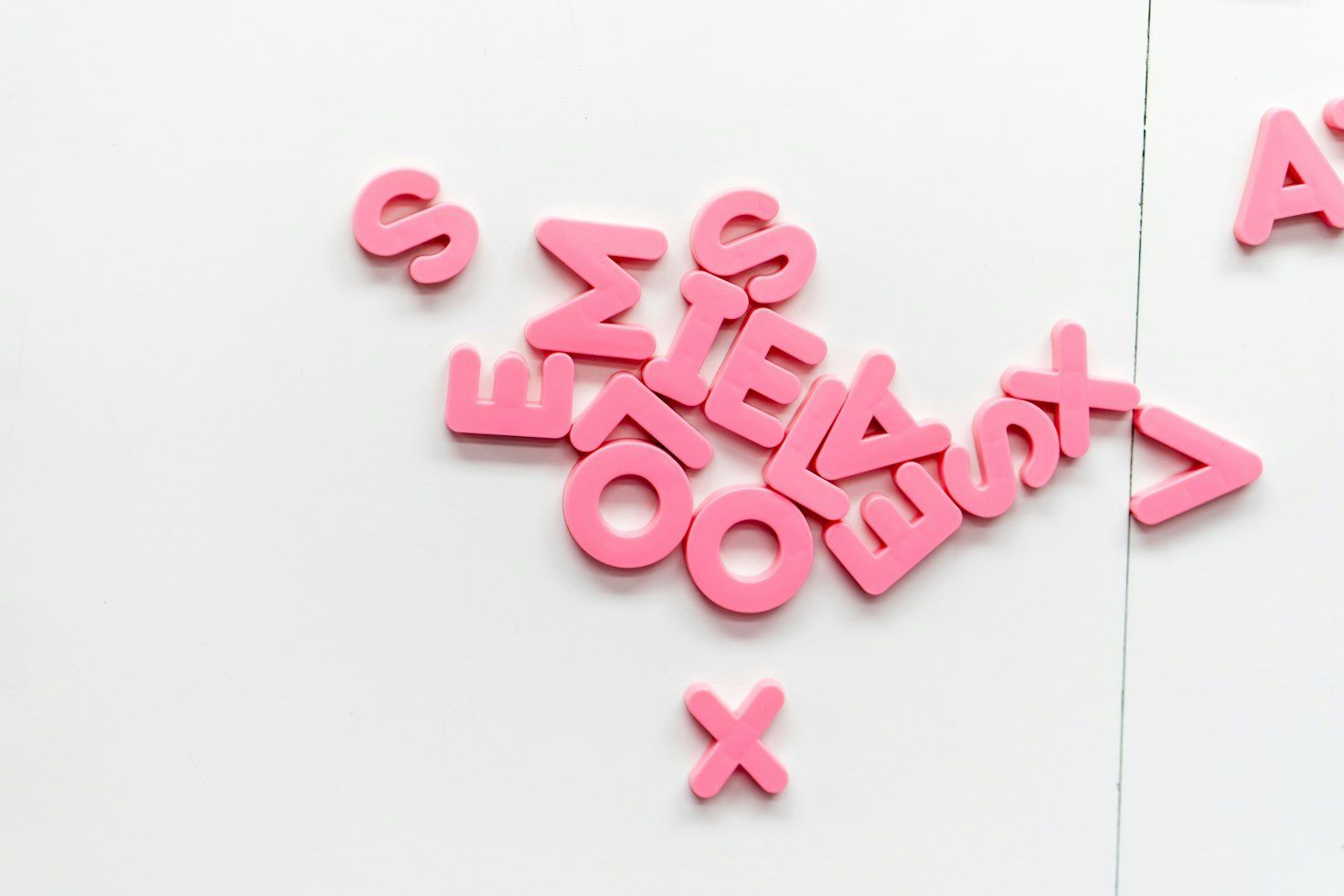WISH US LUCK
Believe It Or Not, Here Are 10 Wacky Superstitions From Around The World!
Published on February 2, 2024
 Credit: Malvestida
Credit: Malvestida
Think back on all the lucky pennies you or someone you know have picked up through the years. Maybe you stored a four-leaf clover between the pages of your favorite book or put on that lucky shirt the day you had a nerve-wracking exam. Superstitions are one of the few aspects of culture that surpass generations. There’s a pretty big chance that your grandparents shared those same quirky rituals and traditions with you.
While some are fairly global, every culture has its own set of local and unique superstitions. We have gathered a couple on this list so you might find new ways to improve your luck on those days you need it the most.
Rabbit season!
 Credit: Gavin Allanwood
Credit: Gavin Allanwood
The first day of the month can be quite stressful: bills start coming in, assignments begin to pile up, and all those chores we set aside for the next month suddenly knock on your door. We know how overwhelming the responsibilities of adult life can be, so we brought up this charming method that almost seems like a children’s game.
According to an ancient superstition that originated in the United Kingdom, saying the word "rabbit" right after you wake up on the first day of the month brings good luck for the remaining days. This ritual has been around since at least the 1900s and has found its way to other English-speaking countries. Supposedly, President Franklin Roosevelt said "rabbit, rabbit" each first day of the month, and he carried a rabbit’s foot during the 1932 election (which he won by a landslide).
Got a light?
 Credit: David Tomaseti
Credit: David Tomaseti
Your health should be the main concern that drives you to quit cigarettes. However, if you are looking for extra motivation to stop smoking, you might want to look into this superstition. Some European countries believe that if you light a cigarette with a candle, a sailor will die. Ever the superstitious lot, the origins of this belief can obviously be traced back to sailors. When they returned to shore, sailors would make and sell matches to supplement their income while waiting to sail back. Therefore, lighting a cigarette with a candle would take away much-needed money from a sailor, who might starve without the earnings of his side job.
Broken dishes everywhere!
 Credit: CHUTTERSNAP
Credit: CHUTTERSNAP
You might be familiar with wedding traditions that involve smashing plates against the floor: German couples smash porcelain plates to ward off evil spirits, and Greeks cheerfully shout Opa! over broken plates for good luck. Also, people from Denmark have a similar tradition for New Year’s Eve. Danes save up their old plates and glasses through the year and then throw them at the doorsteps of their friends and family. This might sound aggressive, but this beloved ritual supposedly wishes the recipient good luck for the upcoming year.
You still need to pay for that…
 Credit: Adam Wilson
Credit: Adam Wilson
We discussed the fortune that intentionally breaking plates can bring, but what happens when you break something by accident? Breaking a plate in a U.S. restaurant might make the other customers applaud you, but rest assured that those claps are absolutely sarcastic. However, if you accidentally break a bottle of alcohol in a Japanese bar, you might find that the cheers you receive are genuine. Japanese people believe that this brings both good luck and bigger profits to the bar. However, it has to be an accident: intentionally breaking a bottle of delicious Japanese whisky will bring you nothing but trouble.
The runt of the family
 Credit: National Cancer Institute
Credit: National Cancer Institute
According to horror movies, it's probably not a good idea to stroll through a dark forest on a full moon night; you might end up encountering a werewolf.
We are all familiar with the werewolf myth: a helpless person, previously bitten and cursed, that forcefully transforms into a bloodthirsty wolf every full moon. However, people from Argentina have their very own spin on this myth, on which the causes of this affliction are not a dooming bite, but rather being born into a large family.
According to legend, the seventh son of a family only composed of boys will become a Lobizon, the Argentinean equivalent of a werewolf. However, the only way to stop a Lobizon does not come from a silver bullet, but from baptism. When the seventh son of a family is born, the president of Argentina becomes their godparent and sends a gold medal to congratulate the baptism of the would-be werewolf.
Kiss me, I’m an Irish stone
 Credit: Dahlia E. Akhaine
Credit: Dahlia E. Akhaine
Blarney Castle is not only an iconic landmark that must be seen when visiting Ireland, but this medieval stronghold is also home to a beloved Irish tradition. The Blarney Stone, located in the battlements of the castle, is visited by millions of tourists with a single objective in mind: kissing the stone. According to legend, the Blarney stone grants whoever kisses it great eloquence and skill at flattery. However, this task is not as easy as it sounds: To kiss the stone, visitors must climb up to the top of the castle, and then lean backward over the parapet’s edge.
Don’t drink the moonlit water!
 Credit: Y S
Credit: Y S
If you visit the website of Turkey’s Ministry of Culture, you might come upon a page detailing over 100 different Turkish superstitions. They range from those involving animals, like "It is good to see scorpions in one’s dreams", to several involving water. Among those is the belief that water where moonlight has reflected shouldn’t be drunk, since they might curse anyone who drinks this water with bad luck. The moon, however, is not always considered a bad omen by Turkish people: Many believe that a baby born under the full moon will be lucky and have a bright future.
We’ll say a little prayer for you
 Credit: Kelsey Chance
Credit: Kelsey Chance
Remember that iconic scene in the film "My Best Friend’s Wedding", where an entire dinner bursts into an acapella rendition of Aretha Franklin’s "I Say a Little Prayer"? As ingrained into pop culture as that scene is, it should be noted that, had that wedding happened in The Netherlands, other customers of the dinner might not have been so thrilled about the impromptu performance. According to this superstition, whoever sings at the dinner table is singing to the devil and praising him for the food. So remember: if your best friend happens to get married in The Netherlands, leave any Aretha Franklin song for karaoke night.
A fruitful beginning
 Credit: George Bakos
Credit: George Bakos
According to an old phrase, in order to live a full life, a person should have a child, write a book, and plant a tree. While we might not guarantee that this is the formula for a perfect life, we can provide our two cents and add that, if you happen to plant that tree on your wedding day, you might be able to bring good luck to your new marriage. According to a tradition followed in the Netherlands and Switzerland, planting a pine tree outside your home to celebrate your wedding will provide the new home with good fortune and fertility.
Sweep, sweep, sweep!
 Credit: Tushar Gidwani
Credit: Tushar Gidwani
If you visit China during the Chinese New Year, you might be surprised to see several people thoroughly sweeping their homes, particularly their front doors. This is because, according to Chinese tradition, good fortune enters through the front door of your home. People clean their homes to say goodbye to the previous year, while also carefully sweeping inwards to avoid accidentally sweeping good fortune. After this ritual, no cleaning can be performed during the first two days of the New Year to avoid dispelling good luck.








